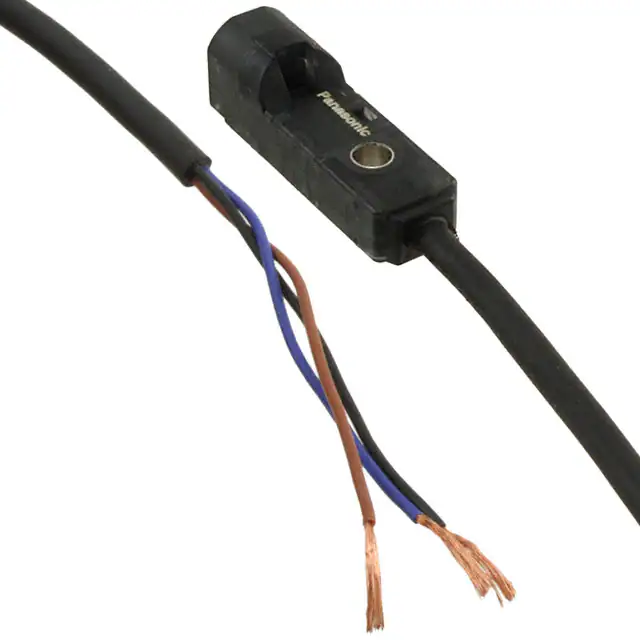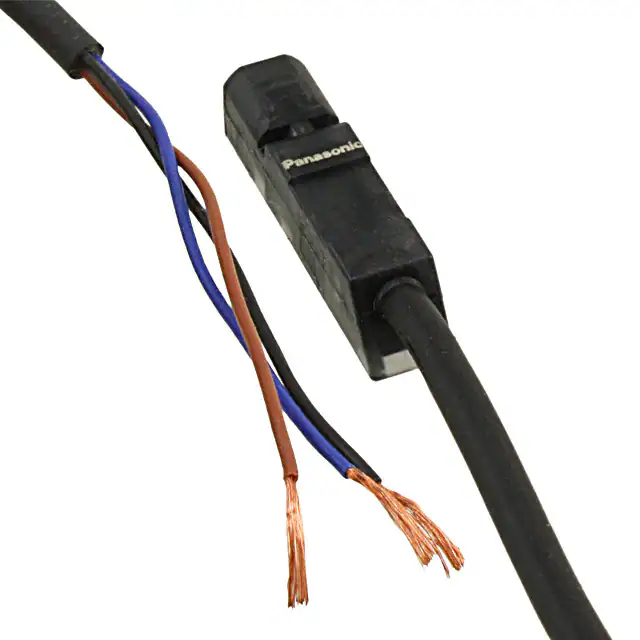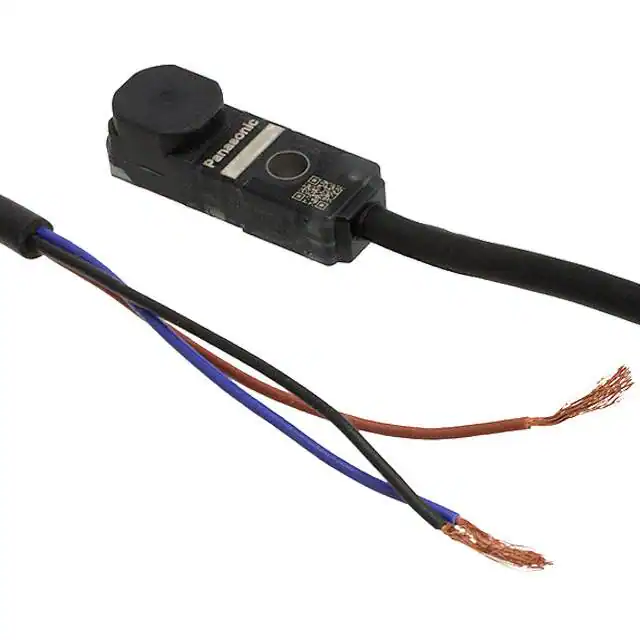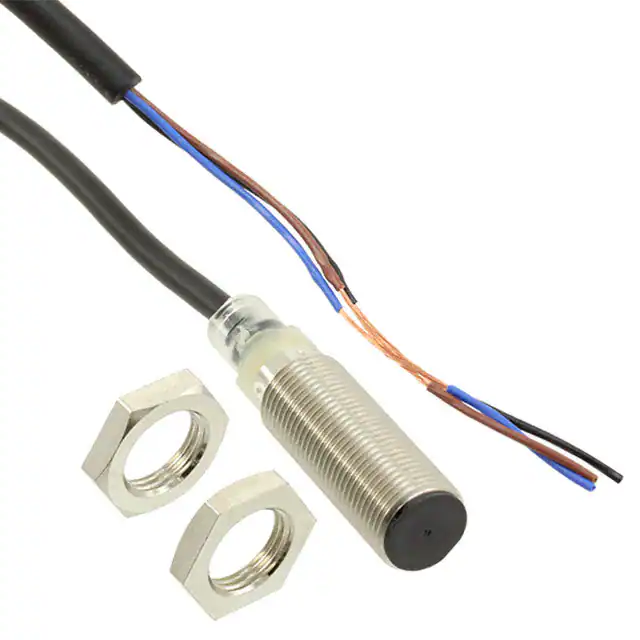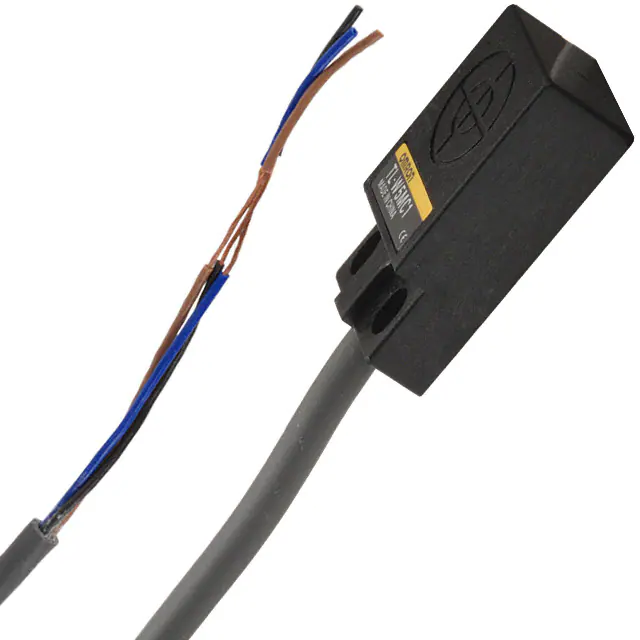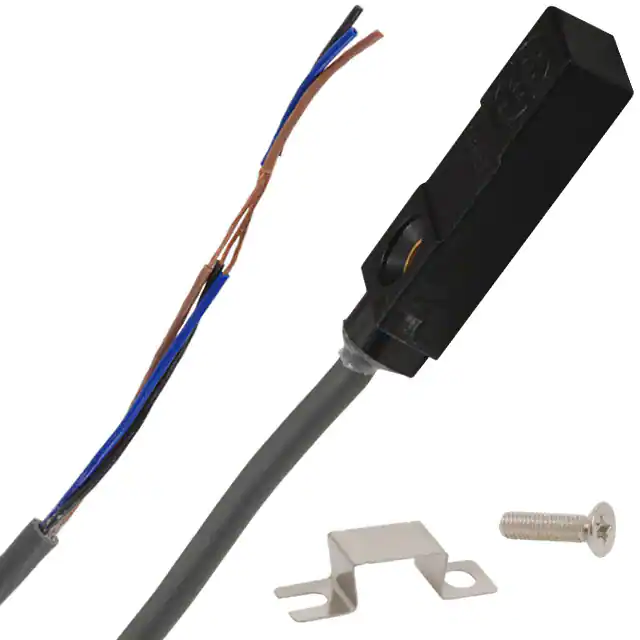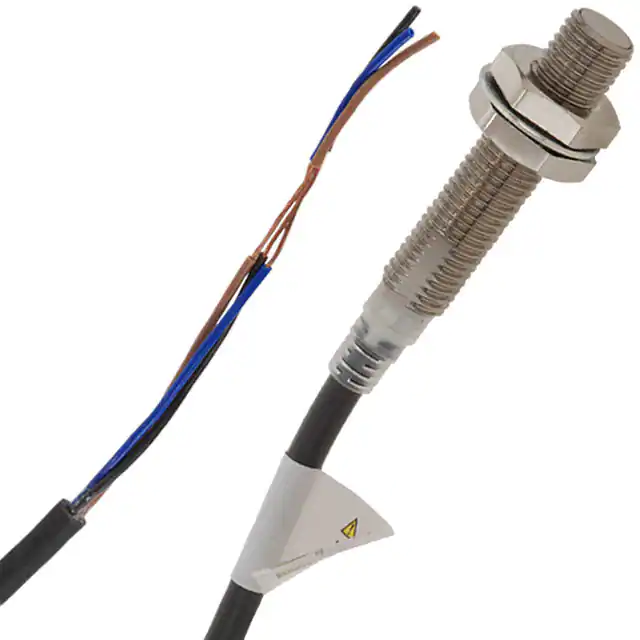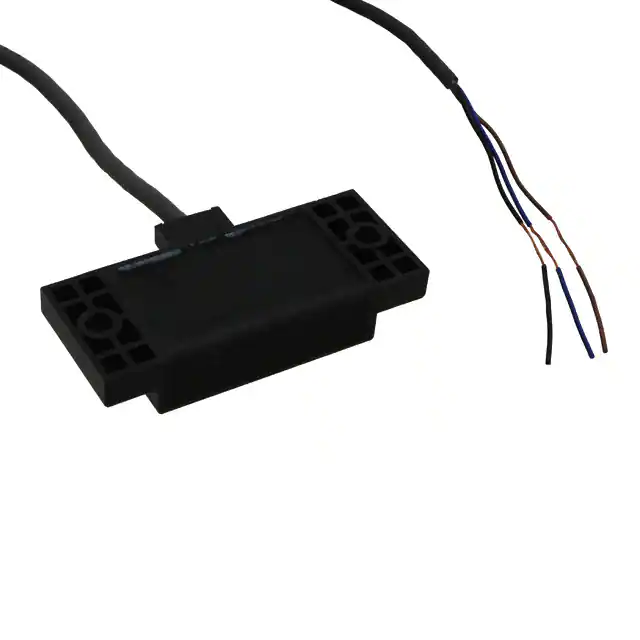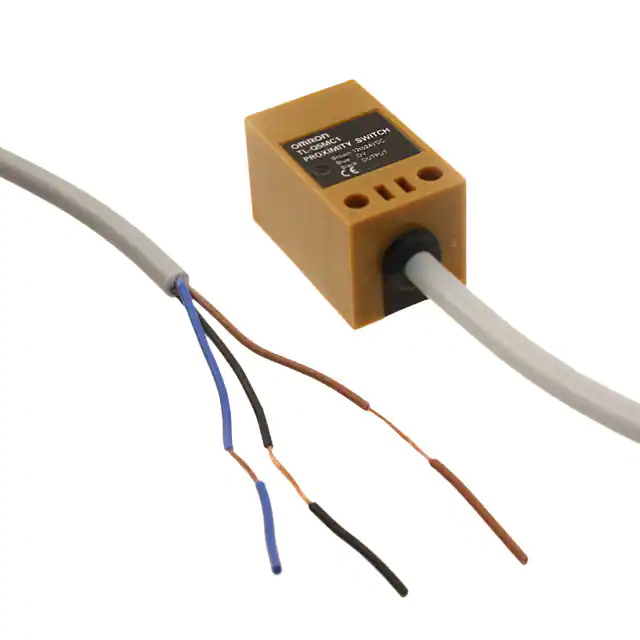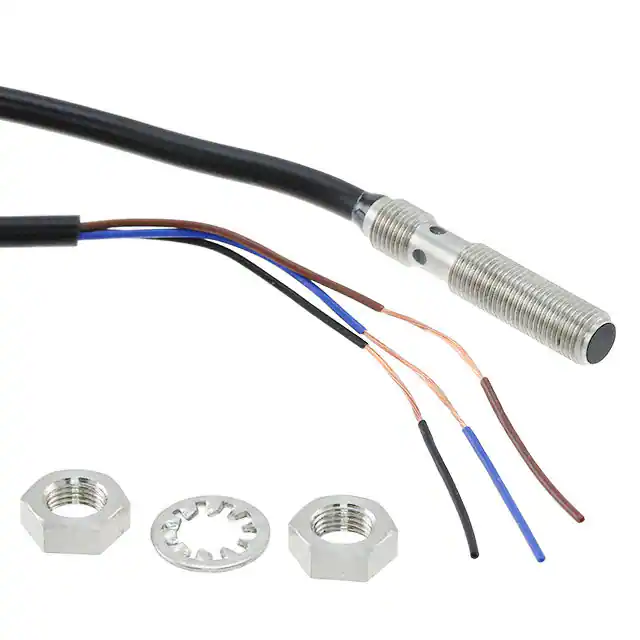EVAL6932D2.5: Exploring the Impact of Technology Assessment on Educational Evaluation
Introduction:
In the era of rapid advancements in technology, educational institutions are constantly seeking effective ways to evaluate the impact of technology on teaching and learning. One such evaluation model is EVAL6932D2.5, which provides a comprehensive approach to assessing the effectiveness of educational technology. This blog post will delve into the key components of EVAL6932D2.5 and discuss its relevance in today's digital age.
1. Understanding EVAL6932D2.5
EVAL6932D2.5 is a unique framework for evaluating the integration and impact of technology in educational settings. It encompasses various elements, including technology infrastructure, instructional design, learner engagement, and educational outcomes. By employing EVAL6932D2.5, educational institutions can gain insights into the effectiveness and efficiency of technology-enhanced learning environments.
2. The Importance of Technology Assessment
Assessing the impact of technology on education is crucial for several reasons. Firstly, it enables educators to understand the effectiveness of different educational technologies and their potential benefits for students. Secondly, technology assessment provides valuable data that can inform decision-making processes related to resource allocation and curriculum design. Finally, evaluating technology integration helps identify areas for improvement and optimization, leading to enhanced learning experiences.
3. Key Components of EVAL6932D2.5
EVAL6932D2.5 consists of several key components that contribute to a comprehensive evaluation of technology integration. These components include:
a. Technology Infrastructure: This component assesses the availability and reliability of technology resources, including hardware, software, and internet connectivity. It examines factors such as accessibility, compatibility, and security.
b. Instructional Design: This component focuses on the alignment between instructional strategies, learning objectives, and technological tools. It evaluates the extent to which technology supports effective pedagogical practices and promotes student engagement and participation.
c. Learner Engagement: EVAL6932D2.5 recognizes the importance of learner engagement in technology-enhanced environments. It evaluates the degree to which students actively participate in the learning process and utilize technology for meaningful interactions and collaboration.
d. Educational Outcomes: This component measures the impact of technology integration on educational outcomes, such as academic achievement, critical thinking skills, and problem-solving abilities. It examines whether technology enhances learning outcomes and prepares students for future challenges.
4. Case Studies and Examples
To further illustrate the application of EVAL6932D2.5, let's explore a few case studies and examples:
Case Study 1: A school district implemented a 1:1 device initiative, providing every student with a tablet or laptop. EVAL6932D2.5 was used to assess the impact of this initiative on student engagement, academic performance, and teacher support. The findings revealed that students who had regular access to devices showed enhanced motivation, collaboration, and critical thinking skills.
Case Study 2: An online learning platform integrated artificial intelligence-based adaptive learning algorithms. EVAL6932D2.5 was used to evaluate the effectiveness of the platform in personalizing learning experiences and improving student outcomes. The assessment indicated that the adaptive learning system positively influenced student achievement by tailoring content and pacing to individual needs.
5. Future Implications and Challenges
As technology continues to evolve, the evaluation of educational technology will become increasingly important. EVAL6932D2.5 can adapt to incorporate emerging technologies and address new challenges that arise. However, it is crucial to remain mindful of potential biases and limitations when assessing technology integration, ensuring that the evaluation process is thorough, unbiased, and inclusive.
In conclusion,
EVAL6932D2.5 is a comprehensive framework for evaluating the impact of technology on educational settings. By assessing various components such as infrastructure, instructional design, learner engagement, and educational outcomes, educational institutions can gain valuable insights into the effectiveness of technology integration. As technology continues to shape the future of education, EVAL6932D2.5 provides a relevant and necessary tool for educators to maximize the potential benefits of technology-enhanced learning environments.

EVAL6932D2.5
- Part Number :
- EVAL6932D2.5
- Manufacturer :
- STMicroelectronics
- Description :
- EVAL BOARD FOR L6932D2.5 FIXED
- Datasheet :
-
 EVAL6932D2.5.pdf
EVAL6932D2.5.pdf
- Unit Price :
- Request a Quote
- In Stock :
- 3922
- Lead Time :
- To be Confirmed
- Quick Inquiry :
- - + Add To Cart
Request a Quote
EVAL6932D2.5 Specifications
- Packaging:
- Bulk
- Series:
- -
- ProductStatus:
- Obsolete
- ChannelsperIC:
- 1 - Single
- Voltage-Output:
- 2.5V
- Current-Output:
- 2A
- Voltage-Input:
- 2V ~ 14V
- RegulatorType:
- Positive Fixed
- BoardType:
- Fully Populated
- SuppliedContents:
- Board(s)
EVAL6932D2.5 Guarantees

-
Service Guarantees
We guarantee 100% customer satisfaction.
Our experienced sales team and tech support team back our services to satisfy all our customers.

-
Quality Guarantees
We provide 90 days warranty.
If the items you received were not in perfect quality, we would be responsible for your refund or replacement, but the items must be returned in their original condition.
Certified Quality
 View the Certificates
View the Certificates

